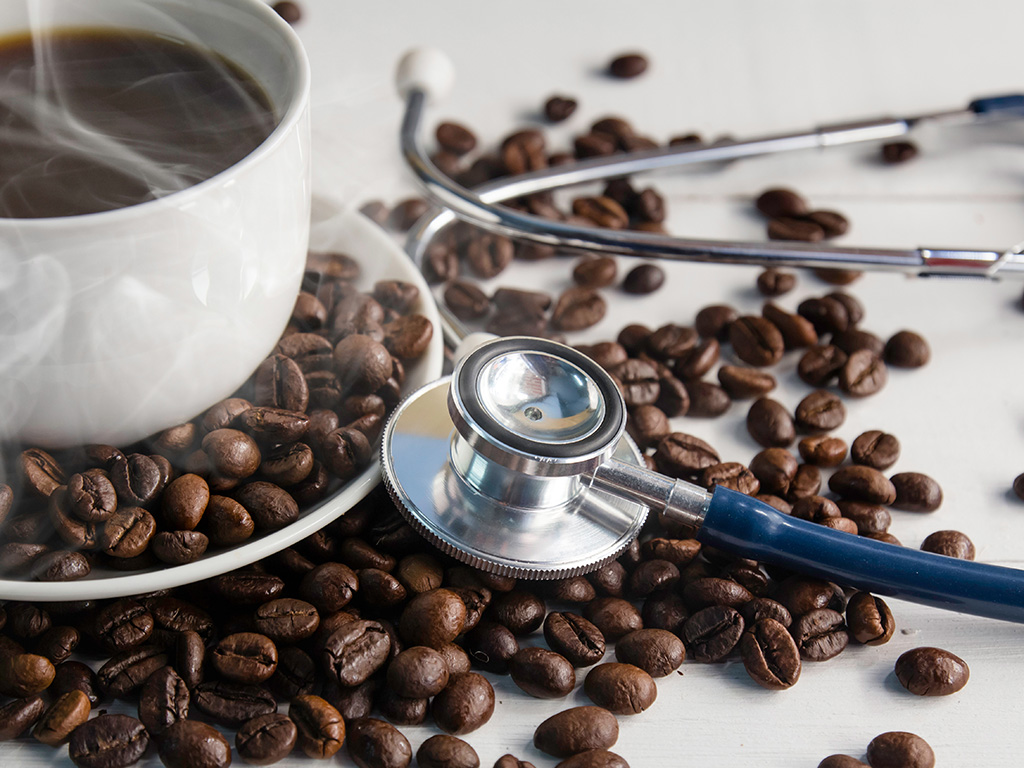Can coffee prevent cancer? Research suggests java may offer benefits also found in vegetable-rich diets

Akiravilla/shutterstock.com
A recently published review paper by Texas A&M University researchers examines the health benefits of coffee and reveals there is still much to explore about coffee’s impacts on human health.
Dr. Stephen Safe, Texas A&M School of Veterinary Medicine & Biomedical Sciences (VMBS), served as the lead author on the publication published in the National Library of Medicine of the National Institutes of Health’s National Center for Biotechnology Information.
The paper resulted from a recent collaborative study conducted by Safe and colleague Dr. Robert Chapkin, College of Agriculture and Life Sciences.
Chapkin also served as a coauthor on the review paper along with Dr. Laurie Davidson, a research scientist, and Jainish Kothari, a graduate student both in the College of Agriculture and Life Sciences. Additional coauthors from the VMBS include Srijana Upadhyay, a senior research associate, and Amanuel Hailemariam, a graduate student.
Safe said his main interest in this review paper was understanding the role coffee compounds play in various mechanisms within the human body.
“The mechanisms are really good to know because if you understand how something’s working, you get a better shot at understanding and harnessing coffee to improve health outcomes,” Safe said.
One beneficial mechanism the researchers identified in a previous study was the fact that roasted coffee activates the aryl hydrocarbon receptor (AHR) in the human body. AHR plays a role in regulating metabolism and immunity, so, by activating AHR, roasted coffee boosts an individual’s conversion of food into energy and their ability to fight disease.
Safe and Chapkin also looked at coffee’s influence on NR4A, a receptor in the human body involved in the development of certain kinds of cancer, including colon and breast cancer.
“It turns out that a lot of natural products bind to the NR4A receptor,” Safe said. “It could be a contributor to the health effects not only of coffee but also of a vegetable-rich diet, though we don’t know that for sure.”
The review paper reported that caffeine’s energy- and focus-boosting effect is the most known benefit of coffee consumption, but the 2 billion cups of joe consumed daily may also provide both chemotherapeutic and chemo-preventive benefits.
Most of coffee’s benefits are chemo-preventive, Chapkin and Safe said. Chemo-preventives help prevent the development of cancers. These are the same benefits vegetable-rich diets such as the Mediterranean diet provide. The chemo-preventive effects coffee has in the body help you live longer while also preventing some cancers, although there are conflicting reports on benefits for some of these cancers in the scientific literature.

